Despite a nationwide slump in residential sales during the April–June 2025 quarter, Chennai emerged as the only city among India’s top seven real estate markets to register positive growth. While overall housing sales across Delhi-NCR, Mumbai Metropolitan Region, Bengaluru, Hyderabad, Pune, and Kolkata fell sharply by 20% year-on-year, Chennai posted an 11% annual rise in residential transactions.
According to the latest data released by Anarock Research, total housing sales in the top seven cities stood at 96,285 units in Q2 2025, down from 1,20,335 units recorded in the corresponding quarter of the previous year. In stark contrast, Chennai clocked approximately 5,660 units in Q2 2025, rising from 5,100 units in Q2 2024, and registering a sharp 40% increase compared to the previous quarter.
Chennai’s Resilience Linked to GCC Expansion
Chennai’s resilient housing demand has been largely attributed to the rising footprint of Global Capability Centres (GCCs), which have been expanding operations in the city over the last two years. These offshore facilities—set up by multinational corporations to handle functions such as IT, finance, analytics, and HR—have not only absorbed large chunks of office space but also generated steady residential demand among incoming professionals.
Between 2023 and 2024, GCCs leased approximately 5.29 million sq. ft. of office space in Chennai. Of this, nearly 2 million sq. ft. was leased in 2023, followed by 3.29 million sq. ft. in 2024—marking a 64% year-on-year growth. The momentum has continued into 2025, with leasing activity expected to grow further, bolstering housing demand in nearby residential corridors.
“GCCs today are not just handling back-end support services; they are executing high-value functions. Their consistent expansion in Chennai has directly fed into mid- and premium-segment housing demand,” Anarock stated in its analysis.
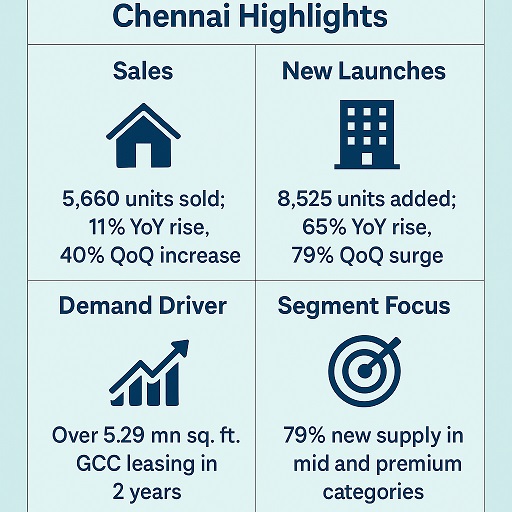
Supply Response Keeps Pace with Demand
Another major factor aiding Chennai’s strong performance is the proactive response from developers. The city witnessed the launch of approximately 8,525 new housing units in Q2 2025—a staggering 79% increase compared to Q1 2025 and a 65% year-on-year rise. Notably, over 79% of the new supply was concentrated in the mid-income and premium housing segments, aligning with the needs of the GCC-driven professional base.
This timely alignment of new supply with evolving demand has helped keep inventory moving and prevented stagnation, unlike in cities such as Mumbai and Hyderabad, where new launches and affordability gaps have widened the mismatch between buyer expectations and available stock.
Chennai’s developers appear to be recalibrating their project portfolios in response to employment-linked migration and changing preferences, a trend that has helped maintain absorption levels even during market slowdowns elsewhere.
National Sales Dip Amid Geopolitical and Economic Uncertainty
The April–June quarter of 2025 proved to be challenging for the broader Indian housing market. An estimated 96,285 units were sold across the top seven cities, representing a 20% decline from the same period in 2024. Analysts attribute this dip to geopolitical instability, including domestic and international military escalations, which triggered uncertainty among prospective homebuyers.
“The war-like climate pushed homebuyers into a wait-and-watch mode, compounding the effect of already high property prices,” said Anuj Puri, Chairman of ANAROCK Group. “However, with tensions gradually easing and the Reserve Bank of India’s recent repo rate cut restoring some confidence, buyer sentiment is now beginning to improve.”
Among all cities, Mumbai saw the steepest decline in housing sales during Q2 2025, followed by Delhi-NCR and Pune. Many developers in these regions have slowed launches in anticipation of a possible market correction, further reducing overall supply.
Mid and Premium Segments Drive Chennai Market
The mid-income and premium housing categories have emerged as Chennai’s strongest performing segments this year, accounting for nearly 80% of new launches. These segments are particularly attractive to professionals relocating for employment with GCCs, IT/ITeS firms, and other service industries.
Developers have focused on localities like OMR, Perumbakkam, Sholinganallur, Porur, and Pallikaranai—areas well-connected to Chennai’s IT corridors and industrial hubs. Additionally, competitive pricing, improved infrastructure, and newer project configurations have made these areas favourable among both end-users and investors.
While Chennai’s Q2 performance stands out, questions remain on whether the city can maintain this momentum in the second half of 2025. Sustained demand from GCCs and steady job creation in allied sectors will remain critical. Further interest rate moderation, improved affordability, and infrastructure execution could also strengthen demand.
Moreover, Chennai’s historically conservative real estate market may now be entering a new phase of structured expansion, driven not just by employment but also improved transparency, developer professionalism, and digitalisation in approvals and sales processes. However, some risks persist. A prolonged global slowdown or further geopolitical tensions could weaken sentiment once again. Additionally, any imbalance in project launches or aggressive pricing strategies may offset recent gains.

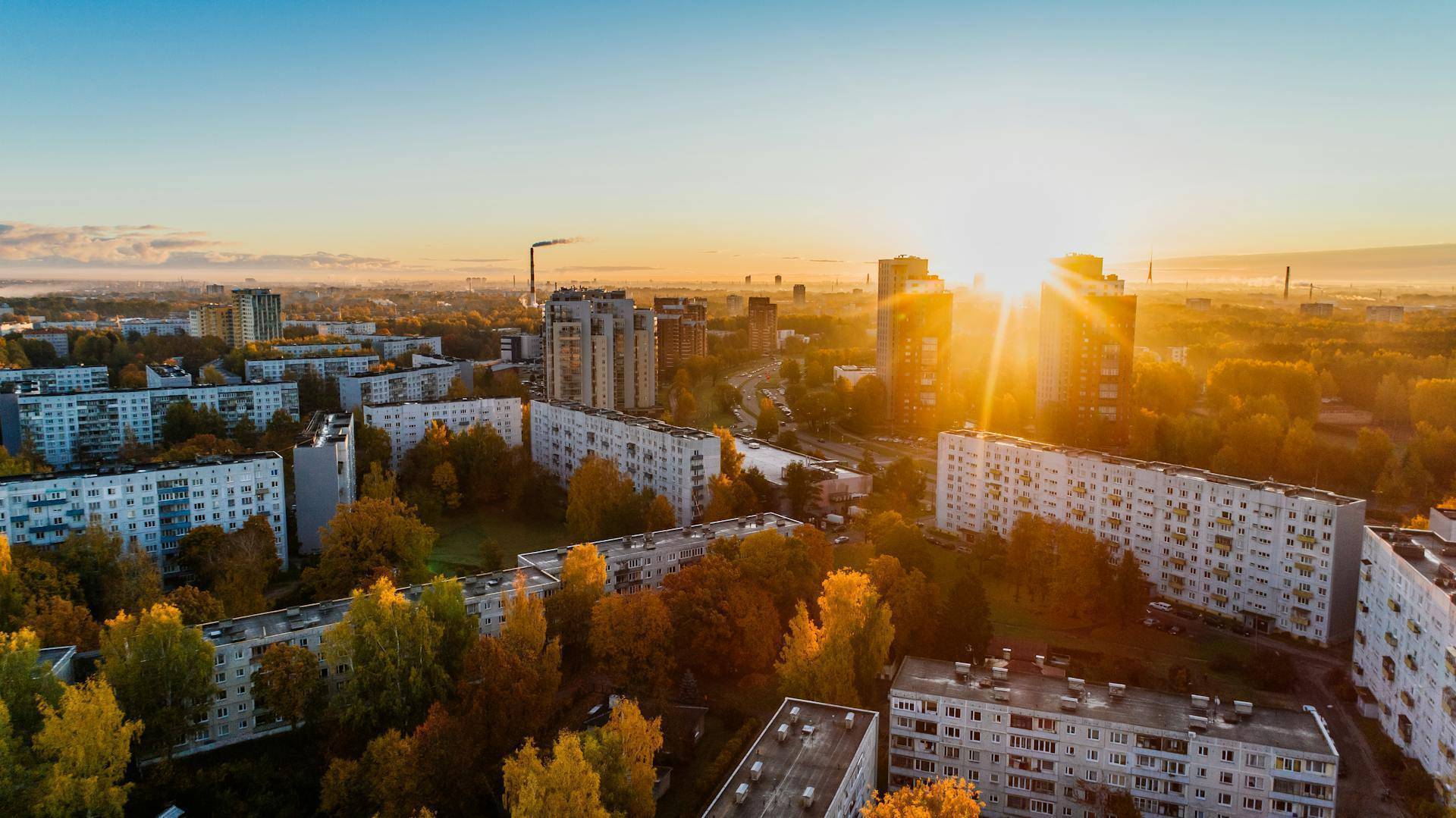
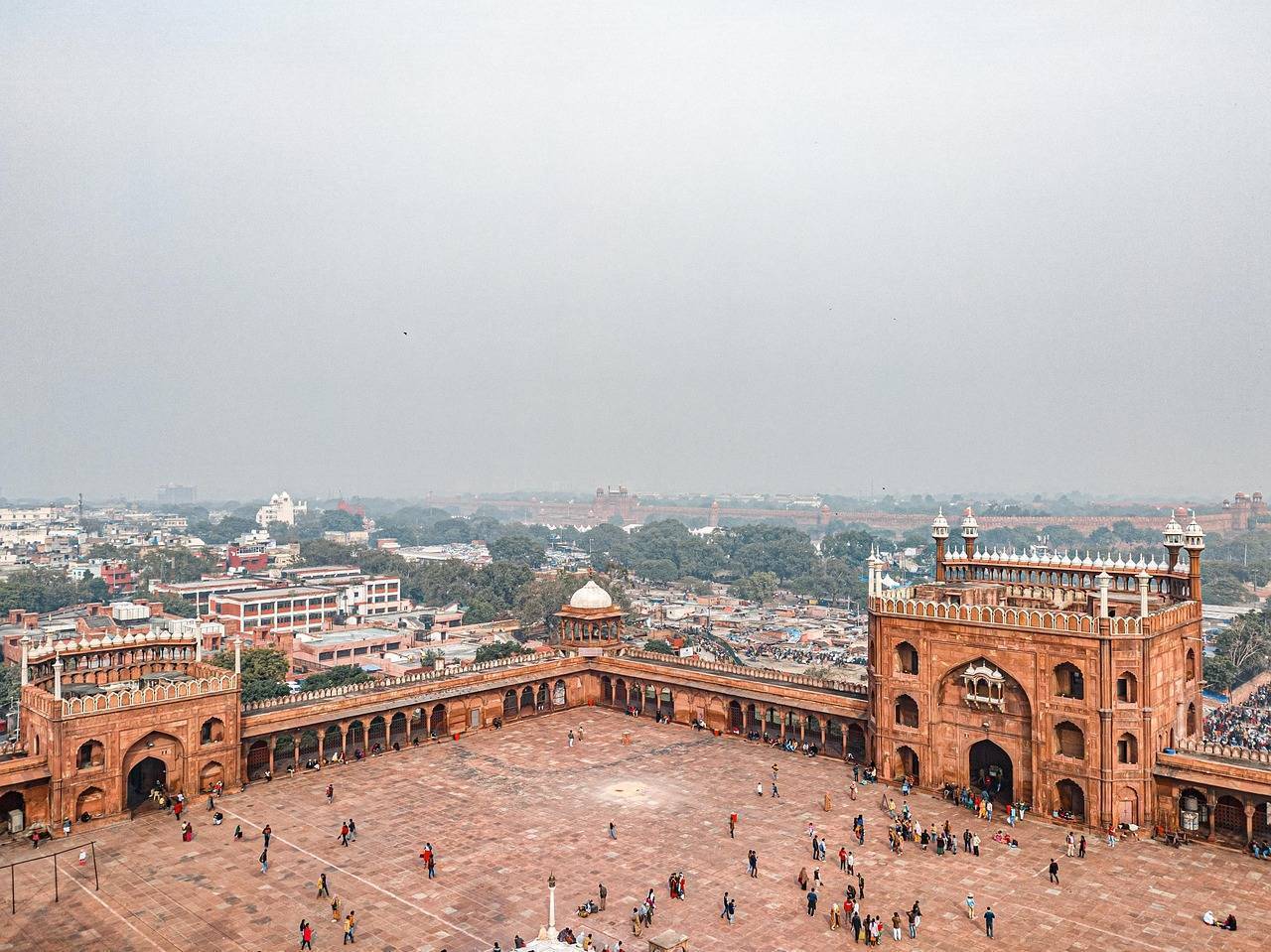
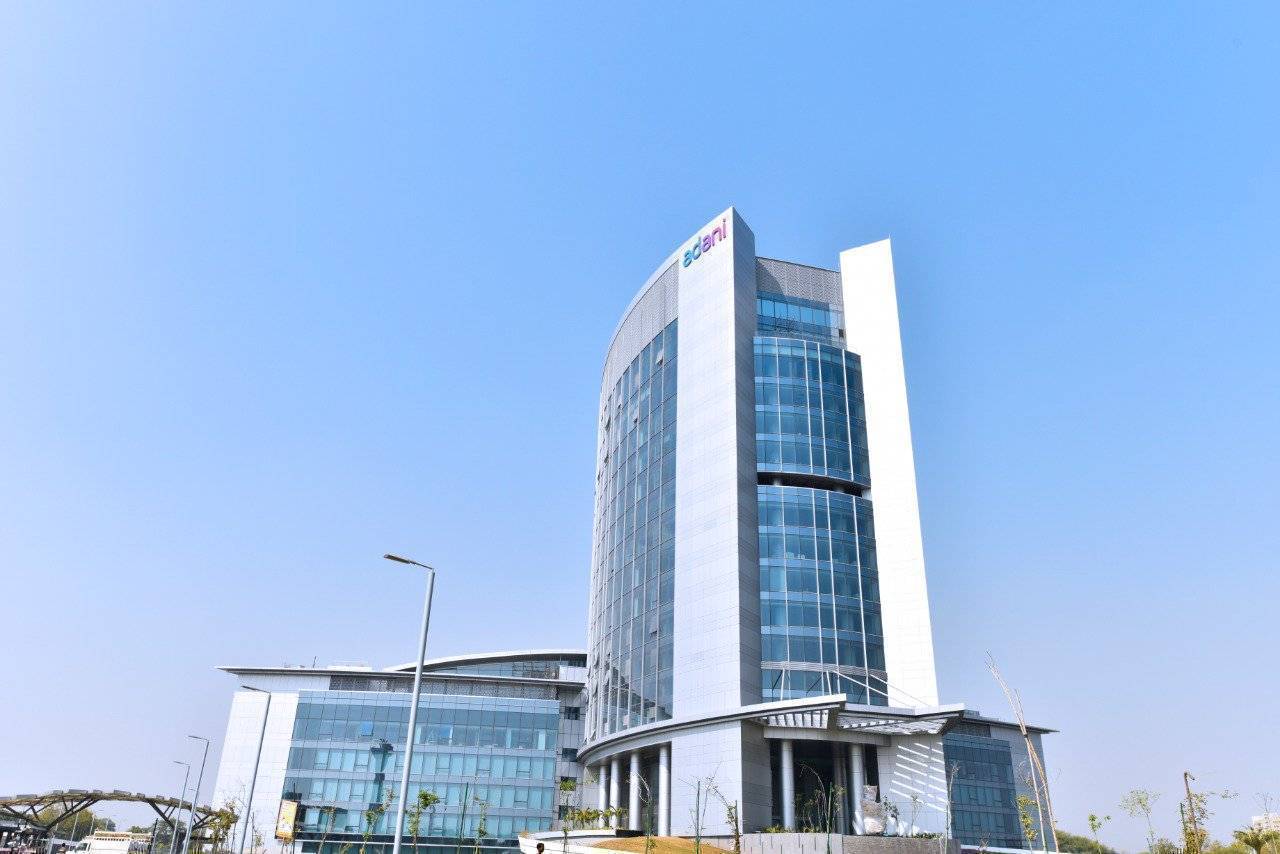
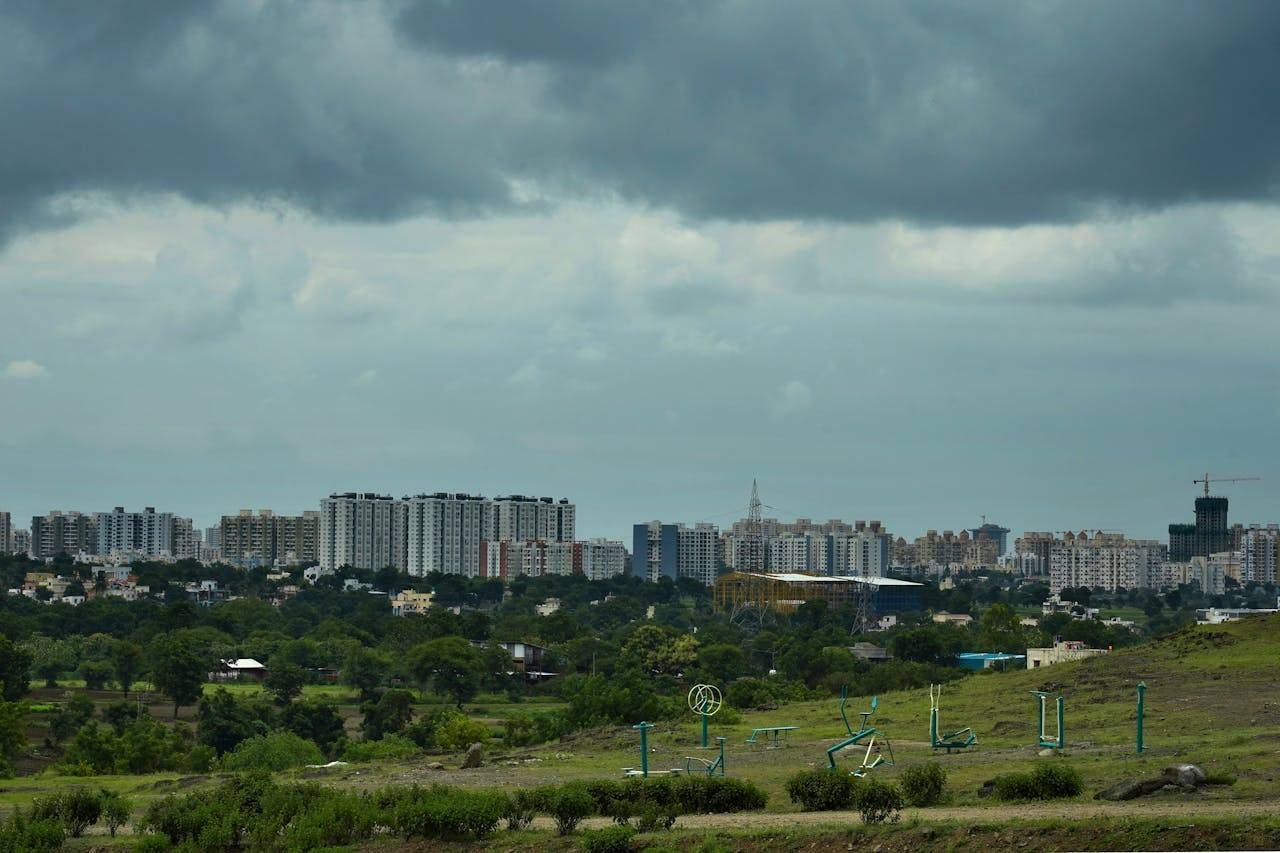




.png)